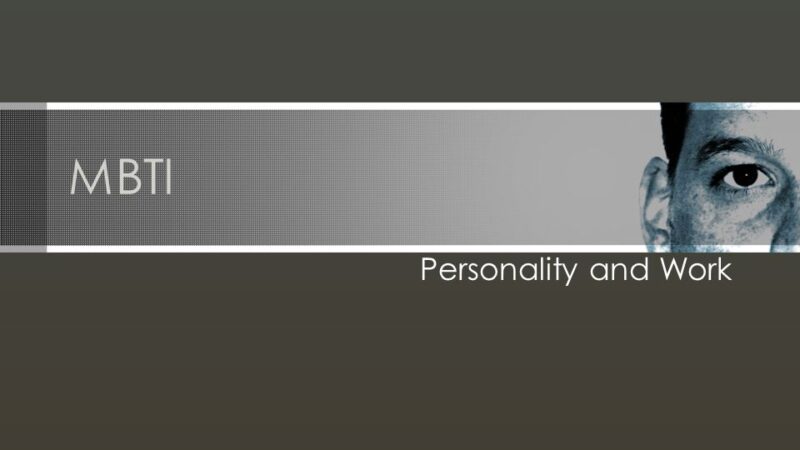How to write a novel outline

If you’re planning on writing a novel, then you know that it takes time and effort. But if you’ve already written a few books, then this process can be even more difficult. You may not have any idea where your story is going or what the ending will look like yet. That’s where outlining comes in handy! Outlining helps organize your thoughts before starting to write and gives you an outline of what needs to happen for your novel to be successful at its goal (getting published). If you have no prior experience in writing a novel, we would advise you seek help first from the best book writing service like Booksuccess. These services will help create a plan that will guide you seamlessly through the outlining process. Should you decide to do it on your own, here are a few tips that will go a long way to help with book writing.
1. Write down what your novel is about
What you need to do first is write down what your novel is about. Assuming that you intend to write a fictional novel, you need to create the main character, and their goal. What does he or she want? What problem does he or she have to overcome to achieve it?
The main character’s problem often involves conflict. The major conflicts and subplots in the book are also important because they help you figure out how to organize it into chapters and scenes, as well as give you an idea of how much time each section will take up on average. Deciding on the title, the main character and the theme in general can be daunting but getting help with drafting all these will go a long way in producing a good outline.
2. Consider the genre you want to write in
You may want to write a novel in a specific genre or subgenre. If so, you must know what your novel’s genre is before you start writing.
How do you find out? There are several ways:
- Read books from other authors who write in the same genre as yours. This can help guide your choices about how to structure your story, but be careful not to get too close-minded about what else might be possible for making it fit into that category–it’s easy for writers’ imaginations and preferences to get ahead of themselves!
- Consult the best ebook writing service with expertise in this niche to ensure that you are on the right track. You can always choose to work hand in hand with the expert you settle on, or you can decide to let them do the entire work. Either way, you will come up with a genre that best resonates with you or your audience.
- Read reviews of similar works by different authors (if available). Some genres have more than one publication outlet; others don’t publish at all but still exist online through Facebook groups or Tumblr accounts where people share their favorite stories). Reading these reviews alongside other works by similar authors may give us insight into why someone would select certain pieces over others within their taste range without having read them yet ourselves.”
3. Decide on your characters’ qualities and goals
The most important part of any novel is its characters. The main character drives the story, solves problems, and makes decisions that affect their lives and the lives of those around them. The secondary characters are often what makes a story interesting or fun to read; they give us insight into different perspectives on problems in our own lives as well as provide some lighthearted comic relief from time to time.
The goal of your outline should be clear from this point forward: To create an outline that will help you know exactly who these characters should be so that when it comes time for writing (which we’ll talk more about later), there will be no confusion on where each one fits into the storyline!
4. Identify the major conflicts
Identify the major conflict, secondary conflicts, subplots, and all the events that will occur within your story, as well as their outcomes.Once you have a basic idea of what your story is about, it’s time to start putting down the details. The first step in writing an outline is identifying all of the major conflicts, secondary conflicts, and subplots within your story. This will help you determine where each event should take place in terms of time and space.
You also need to make sure that these events are linked together so they build up towards one main event: the resolution or climax at which point everything comes together for good in some way (or not).
5. Develop a rough draft of the novel’s beginning
The beginning of your novel is the most important part of your book. You need to hook the reader right away and make them care about your characters, so they’ll want to read more.
The beginning should be short and sweet, with a strong hook that captures their attention: “This story begins when…,” “In this book’s world, there was once…” or “One day, after having been lost on an island for three weeks…” The focus should always be on what happened before the story began–not what will happen in future chapters (unless something really dramatic happens).
6. Outline each chapter ahead of time using one or two sentences per paragraph of text
Create a chapter outline template. Use the outline to help with writing your novel and organizing your work, as well as planning out how much time you’ll need to write each day (or week).
Keep track of all changes in characters or plot points that come up during the writing process by making notes next to them on the outline itself so as not to forget about them later on down the line when it’s time for revisions!
7. Outline the ending of your novel and how it leads to your next book idea
The ending of your novel is the most important part. It’s where you let readers know what happens next and how everything fits together, so it’s important to spend some time on that before moving on to writing the rest of your book.
Once you’ve got all the details down, it’s time to consider how they’ll lead to the next book idea that might be sitting at the back of your head. This can be tricky because sometimes there are too many ideas for one novel–but don’t worry! There are ways around this problem:
Write out any other books in your series (or standalone) before starting this one; then see which ones still make sense as sequels/prequels/spin-offs after reading through them once again for inspiration. You may find that some stories weren’t meant for sequels and others could benefit from being reworked with fresh eyes from another angle or perspective; this will help narrow down which ones would work best as sequels while also giving an insight into what direction(s) might work best overall
8. Writing a novel outline can help you organize thoughts before you start writing
Writing a novel outline is a great way to plan your book and make sure you’re not just writing yourself into a corner. Outlines can help you organize thoughts, plan the structure of your novel, and write better in general.
To get started with writing an outline for a first-person narrative (like this one), start by thinking about where it starts and ends–that’s called establishing character traits or personality traits. Then think about what happens between those two points–that’s called setting up conflict or tension within that character’s life experience at that period (the span between one point A) and another point B). Finally, think about how everything connects by using cause-and-effect relationships so that readers will know why things happen as they do throughout the storyline itself–this is called plot development .
Writing an outline is the best way to organize your thoughts and organize your writing time. It will save you a lot of time as you write, as well as help you get through the process more quickly by having a clear plan of what needs to be done. I hope this guide helped you understand how to create an outline for your novel or any other type of book.
Finally, I’d like to point out that no writer has ever had a successful writing day. If you run into a rough spot where the words just aren’t coming, step away from the writing and spend some time scheming and preparing; alternatively, print out your draft and do some reading and editing. Or just go and read a nice book to encourage yourself.





